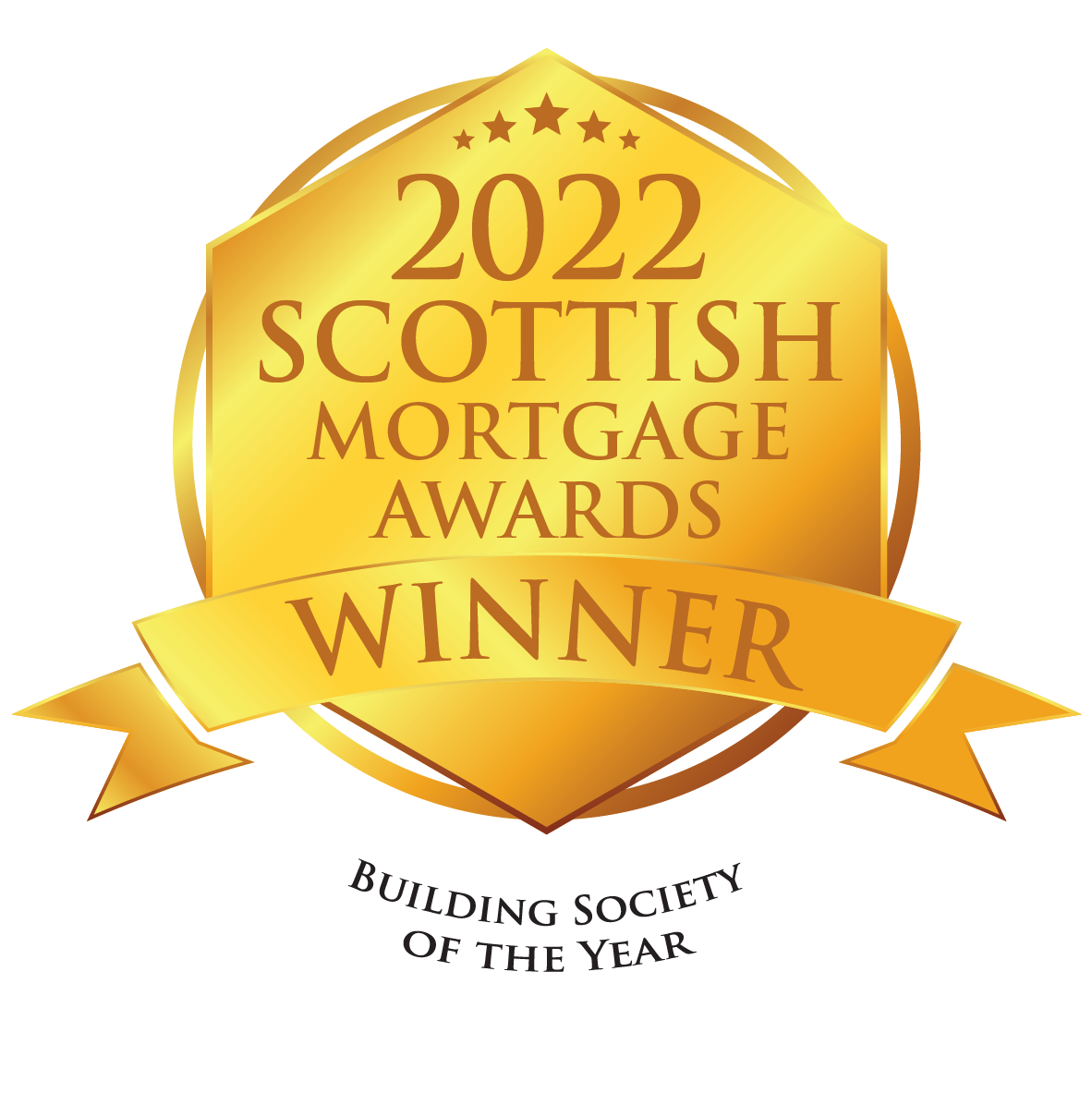- Our flexible underwriting means we’ll consider your individual circumstances
- Loans from £30,000 up to £300,000
- We’ll lend up to a maximum of 50% of the property valuation, as assessed by an independent valuer or purchase price (whichever is lower)
- You pay the monthly interest, so the outstanding balance doesn’t increase
- The amount borrowed won’t decrease unless you make payment over and above your usual interest payments
- For people aged 55 and over, no maximum age
Key Mortgage Information
Retirement Interest-Only Mortgages are available for owner occupied residential properties. All mortgages are subject to a suitable property valuation
The minimum loan size is £30,000 up to a maximum of £300,000.
We may consider loans up to £500,000 by exception.
We’ll lend up to a maximum of 50% of the property valuation, as assessed by an independent valuer or purchase price (whichever is lower).
All applications are treated on an individual basis and based on affordability. We’ll assess your net income and outgoings to make sure that the mortgage is affordable now and in the future, whether you’re working or retired.
The maximum we can lend you is generally determined by your income, which can include your pension as well as the value of your property.
Any existing financial commitments will also be taken into consideration when affordability is calculated.
Please note that for joint applications the last survivor needs to be able to show evidence that they can manage the monthly mortgage payments.
If the property is in joint occupancy we won't lend in a sole name. Both occupiers should be party to the mortgage and fit the age and income requirements.
If we’re unable to offer you a Retirement Interest-Only Mortgage, we can refer you to a third party who may be able to help. Ask one of our Mortgage Advisers for more details.
Valuation Cost
A valuation of your property is needed as part of your mortgage application. The cost of this will be paid by Scottish Building Society.
Contribution to Legal fees
If you’re remortgaging to Scottish Building Society's Retirement Interest-Only Mortgage, the applicant's solicitors will also act for the Society. The Society will contribute £250 towards the cost of this.
We offer a range of competitive interest rates to choose from. Check our interest rate pages for details.
Our Retirement Interest -Only mortgage is set up on an Interest Only basis with no repayment vehicle being required.
The mortgage is normally not repayable until the mortgage holder (or the last survivor if it is a joint application) has died, moved into long term care or moved home and the property is sold.
The mortgage can be repaid at any time, subject to relevant Early Repayment Charges. The borrower should let us know if they intend to move, or have moved, into long-term care. It is the estate executor’s responsibility to inform us in the event of death.
A monthly payment is required to cover the interest on the mortgage. By doing this the capital balance of the mortgage will never increase.
A Standard Security (Scotland) / First Legal Charge (England) will be taken over the property being purchased as security for the mortgage borrowing.
If you make overpayments of 10% or more of the loan amount in any 12 month rolling period during the initial period, and depending on which mortgage you have, the charges apply as follows:
-
For our 3-year mortgage, you will need to pay a charge equivalent to 3% of the outstanding balance amount in year 1 and 2 and 2% in year 3.
-
For our 5-year mortgage, the early repayment charge will be:
o 5% of the outstanding balance in the 1st year
o 4% of the outstanding balance in the 2nd year
o 3% of the outstanding balance in years 3 & 4
o 2% of the outstanding balance in year 5
After the initial period, the Society will not make an early repayment charge if you move to Standard Variable Rate and choose to repay the mortgage. However, there will be certain redemption fees that will need to be paid (see our Details of Charges leaflet for more information).
You’ll need to provide evidence that buildings insurance for the property is in place before we can release funds.

How long does it take to arrange a Retirement Interest-Only Mortgage?
It usually takes about 8 weeks for you to get your money from when we receive your application. If the mortgage is to provide you with a cash sum, this will be paid to you via your legal adviser.
How can I pay my mortgage?
The easiest way to pay is by direct debit each month. The form for this is included with your mortgage application.
We’ll set up the direct debit with your bank and collect payment each month on a set date.
You can also make payments by standing order or regular transfers from a savings account.
What if I want to move home later on?
If you move home and want to transfer this mortgage to a new property, you can do this if the application satisfies our normal lending criteria. If the new property is of a lower value, you may be required to repay part of the outstanding mortgage balance.
What if my circumstances change?
If you want someone else to move into your home with you, for example a member of your family, you must obtain the permission of Scottish Building Society before they move in. Similarly, if you wish to change the ownership of your home from single to joint (for example, if you were to marry), the mortgage may become repayable. Scottish Building Society will assess each change of circumstance individually.
What happens if I decide I don’t want the mortgage anymore?
If for any reason you no longer want the Retirement Interest-Only Mortgage, you can repay the amount you owe to the Society at any time. There could be a charge for early repayment (see Early Repayment Charges above). You should let us know if you plan to move, or have moved, into long-term care. It’s your estate executor’s responsibility to inform us of your death.
What if I want to borrow more money in the future?
If your income and/or the value of your home goes up significantly, we’ll consider lending you more in the future.
Could my tax position or entitlement to benefits be affected?
A cash lump sum could affect your tax liabilities so it’s a good idea to get more information and/or advice on tax issues before taking out a Retirement Interest-Only Mortgage.
The law relating to taxation could change in the future and you can contact HM Revenue & Customs to check how your tax position may be affected.
A cash lump sum could also affect your entitlement to welfare benefits (such as pension credit and housing benefit) depending on your financial circumstances.
You should contact the Department for Work & Pensions or the Citizens Advice Bureau if you need to talk through any welfare benefits issues in more detail.
Your Home may be repossessed if you don’t keep up repayments on your mortgage

We're here to help
You can visit us in our Relationship Centres, or call us on 0333 207 4007. Lines open 9am-5pm Mon to Fri (10am-5pm Wed). Calls may be recorded and/or monitored.
Scottish Building Society is authorised by the Prudential Regulation Authority and regulated by the Financial Conduct Authority and the Prudential Regulation Authority (Register No 206034)



